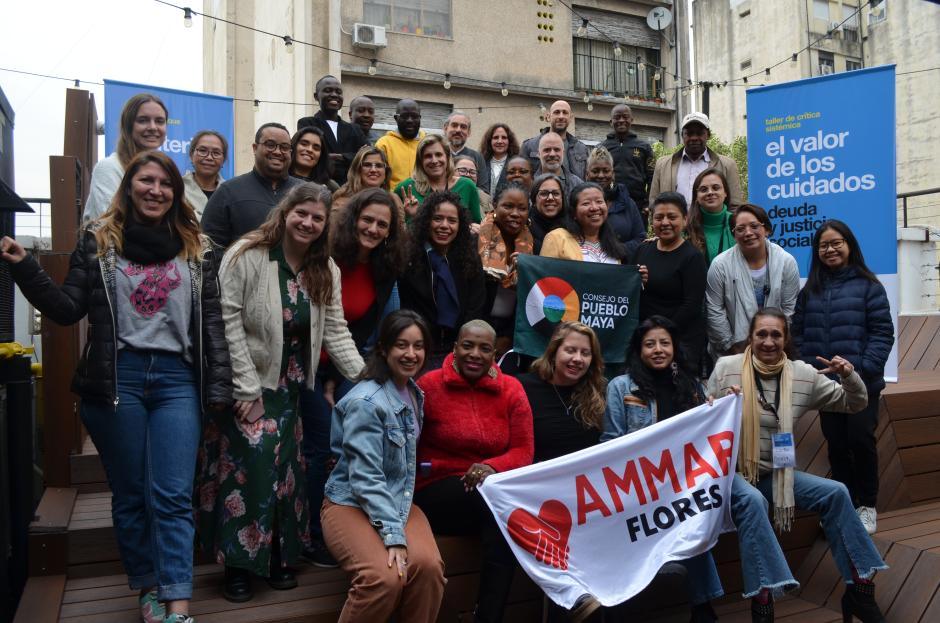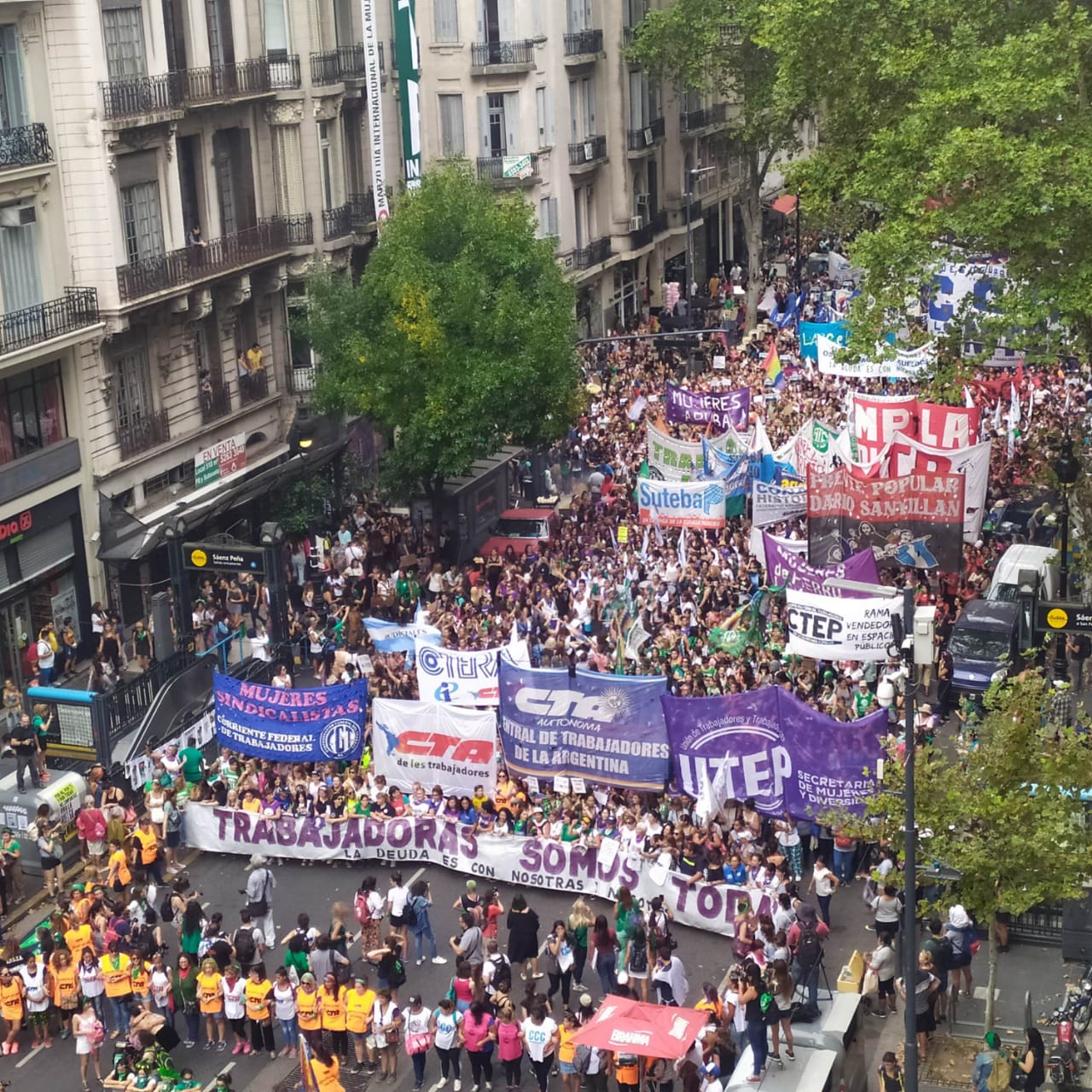This article was originally published in El País here (in Spanish)
The COVID-19 crisis has shown why a social pact on care is urgent to end the structural inequalities and the growing feminization of poverty in Latin America, which according to the the Economic Commission for Latin America and the Caribbean (ECLAC) would would affect 118 million women in 2021, 23 million more than in 2019.
This unprecedented health, economic and social crisis could have been an opportunity to finally recognize care as the cornerstone of our societies. Since the beginning of the pandemic, the invisible work of millions of women has largely made up for the shortcomings of fragile and deficient public systems due to the increasing privatization and commodification of the public sector. Thus, every day we applaud the millions of health professionals, 73% of whom are workers who were exposed to the virus without adequate protective equipment and in health systems without resources after decades of lack of public investment. We are grateful to those who put their health and their families’ at risk to continue caring for our dependent family members; because of schools closing down many had to take up double and triple shifts on top of caring for their children, and many also looked after their grandchildren and nephews as well.


